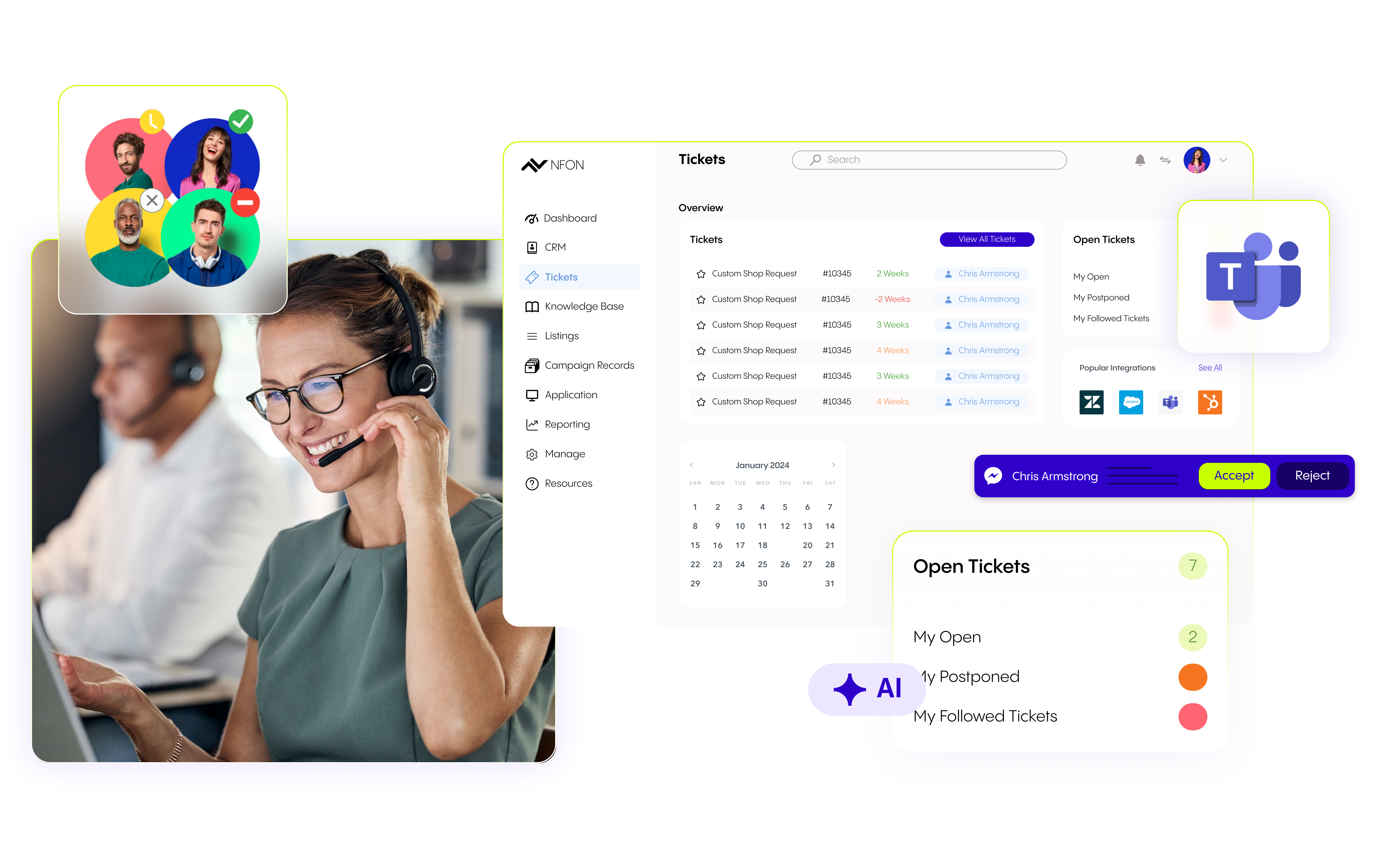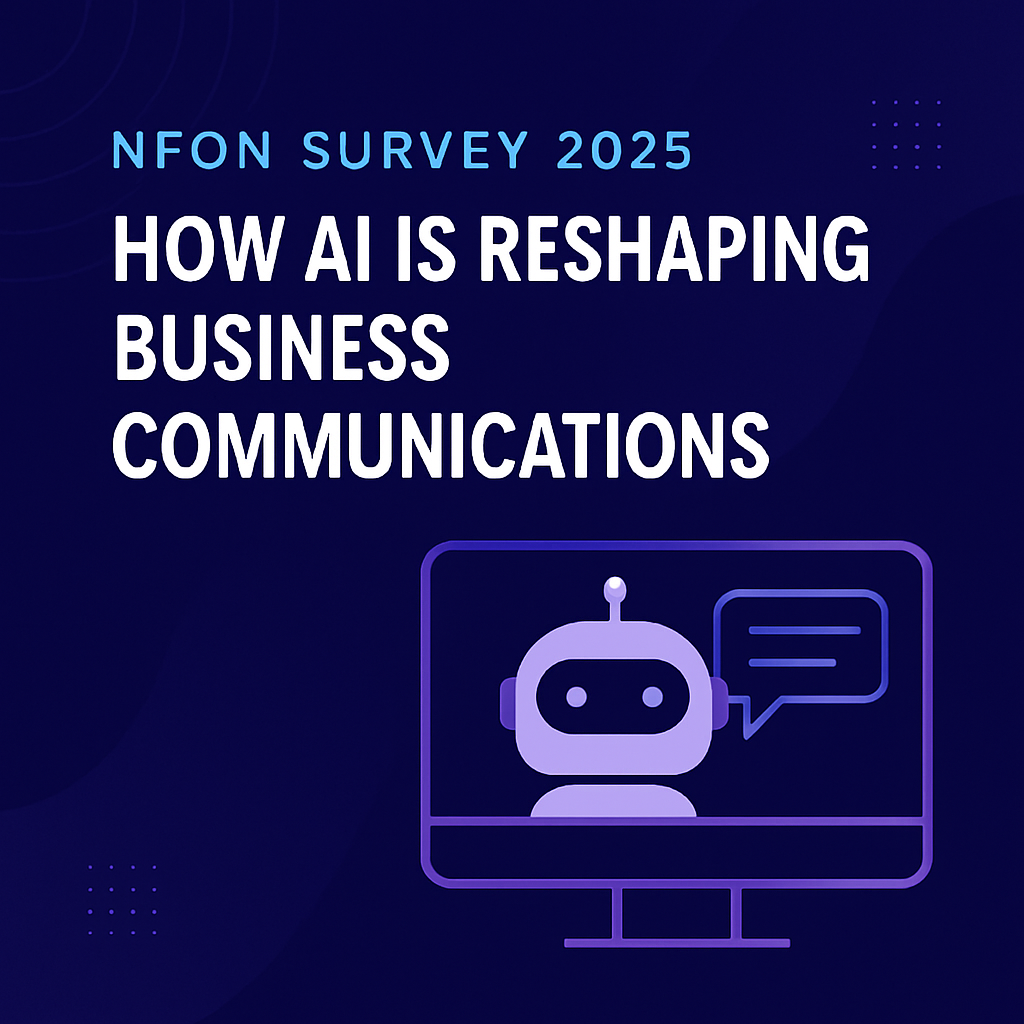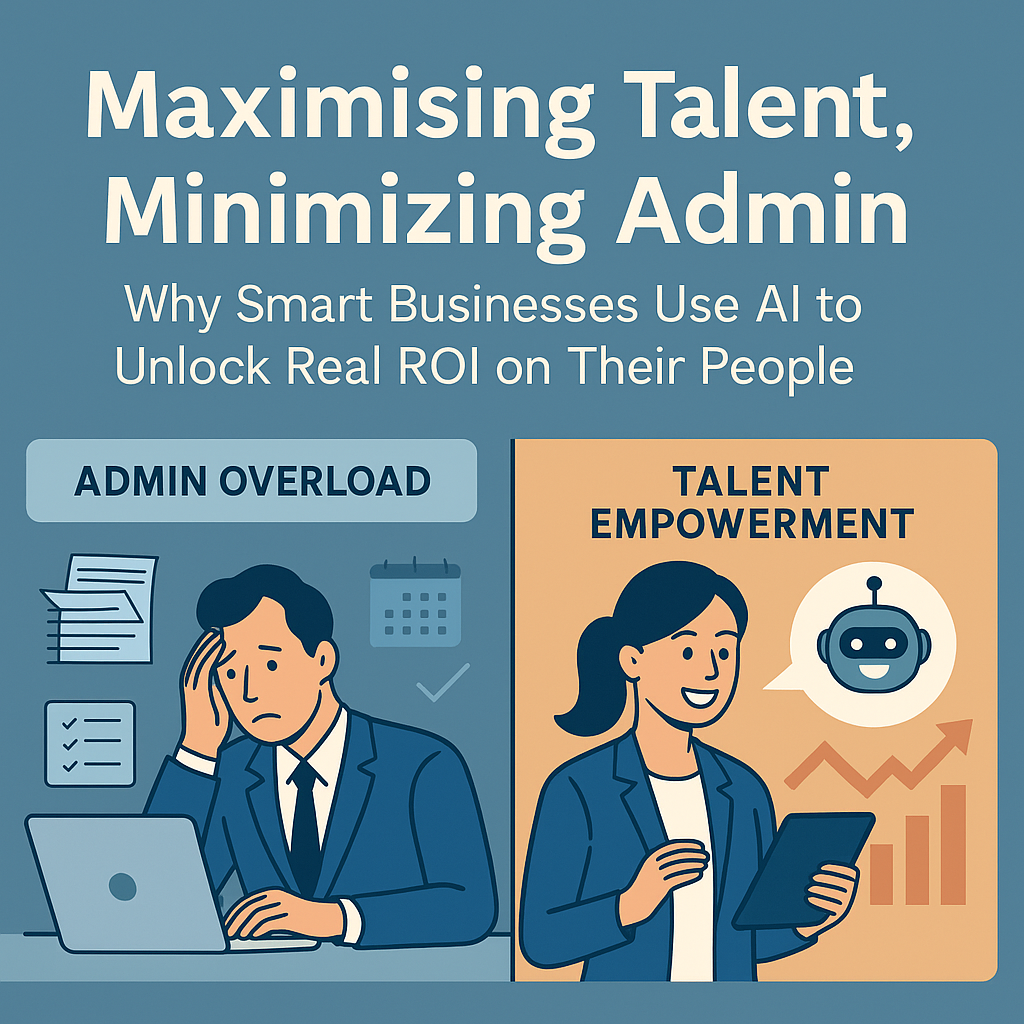IT resellers have become accustomed to change. The advent of cloud computing and Office365 has fundamentally changed their business models over the last decade. It's been a tough transition - not only have IT resellers had to train themselves on totally new technologies, but they have also had to invest heavily in their customer service functions to ensure happy, long-term relationships. No more pitching then ditching - customers are here to stay.
'Sales 101' dictates that the best prospect is an existing customer. The longest and most difficult part of the sales process is lead generation and qualification, but you bypass these costly and lengthy stages with an existing customer. Marry that philosophy with the fact that customers just want to limit the number of suppliers they work with, and there is a huge opportunity - they can opt for one supplier for both their IT and voice communications.
Voice and data were historically very distinct markets; communications and IT resellers existed separately. The advent of cloud telephony has changed this - ultimately cloud telephony is just another software application running on the network.
As cloud telephony is an out-of-the-box solution, it gives IT resellers a fast-tracked entry into the world of voice. Previously the entry barrier into voice was extremely high, as there was a high level of investment required. Conversely, cloud telephony couldn't be easier for IT resellers to deploy and maintain.
Obviously from a reseller perspective, the priority is how easily they can sell the product. Well, the channel market opportunity for cloud telephony is huge - Gartner recently projected that the cloud telephony market is growing at a rate of 16.4%.
The key is communicating the benefits to customers - firstly there is the Opex vs Capex benefit as it's a subscription-based service; plus, it is fully scalable and thus easily accommodates the changing dynamic of the business. Also, as it's cloud-based, it enables much simpler automated management, deployment and provisioning - and there are huge operational efficiencies. Updates can be applied across the whole customer base, whereas an on-premise solution update required onsite updates, which mean delays and increased costs
Getting started couldn't be simpler - the only investment required by the IT reseller is in personnel training. With preparation and following the automated process, you can give customers a seamless migration with no downtime when they move from their old setup to their new cloud system.
Moving into a new market can be intimidating, especially so when your own market has changed so much. But having undergone these changes and survived, the onus must be on reaching for the next thing that will drive further revenues. You can start slow with basic telephony offerings, and then move up with value-added services as your confidence increases, including fixed mobile convergence, instant messaging, video conferencing, and even Microsoft Teams integration.
There's no getting away from it - for IT resellers to survive and thrive they need to evolve their business to become a one-stop shop for all ICT needs for customers and to differentiate by having a consolidated product set and outstanding customer service.
To do this successfully requires the business to offer automated processes and prepared off-the-shelf pre-packaged services, which are easy for customers to order and deploy. There is no need to waste time and resources developing bespoke solutions. Service delivery is paramount and although cloud products are increasingly becoming simplified, resellers have that crucial role in bringing it all together for their customers to avoid interruption to their business, whilst having an excellent experience.
The present is cloud computing and the future is to include cloud telephony. The sooner that IT resellers make the shift, the sooner they can reap the rewards.









